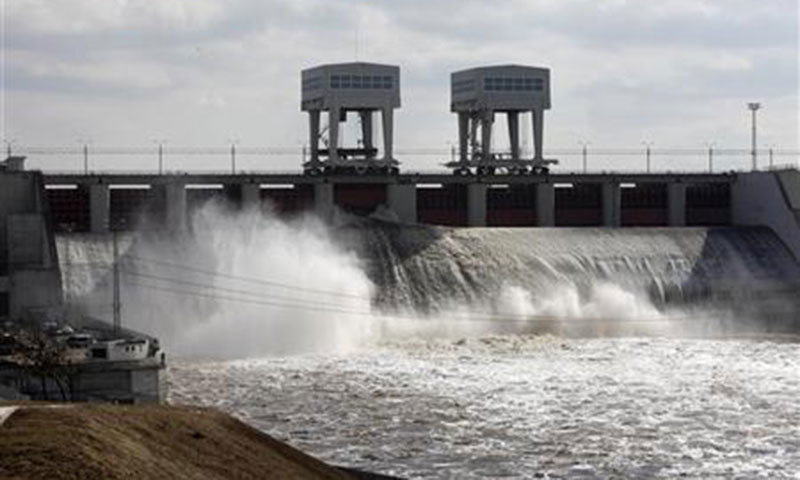
ISLAMABAD, May 22 (ABC): The Private Power and Infrastructure Board (PPIB) is making efforts to improve the share of indigenous coal and renewable hydro-based electricity in the overall energy mix of the country.
The China-Pakistan Economic Corridor (CPEC) projects, being implemented by the PPIB, are spread all across the country, and giving due importance to energy needs and transmission and fuel-related infrastructure, with four projects totalling 4,620MW already finished and nine additional projects totalling over 7,000MW in various stages of completion.
The 720MW Karot Project, 884 MW Suki Kinari Project, 1,124MW Kohala, and 700MW Azad Pattan hydropower projects are under construction after achieving financial close. The Matiari-Lahore HDVC (high-voltage direct current) Transmission Line project, which is also a flagship project of the PPIB within the CPEC framework, is Pakistan’s first private-sector project. Furthermore, nine coal-based power projects of 8,220MW are also part of the CPEC framework.
A spokesperson for the PPIB said Pakistan is prioritizing the construction of new dams in order to increase the percentage of hydropower in the energy mix while also helping to ensure more water for agriculture. He said Pakistan has the potential to generate around 64,000MW clean, economical, sustainable, and indigenous hydropower.
“The PPIB has managed to form a portfolio of ongoing projects which is largely dominated by hydro and Thar coal,” he said.
“Pakistan has abundant indigenous and natural resources that may be used to generate enough economical electricity while also ensuring system sustainability. However, the government must plan investments in the transmission infrastructure as well as electricity generation, with indigenous resources taking priority,” he said.
The spokesperson said a substantial number of transmission lines are expected to be added to the network, therefore, private sector engagement in the implementation of new transmission projects is likely.
“The PPIB is also working with the National Transmission and Dispatch Company (NTDC) to compile a list of feasible prospective transmission line projects,” he informed.
The PPIB has a leading role in arranging power generating capacity, actively contributing and providing inputs on processes, methodology, assumptions, the basis used to work out demand projection, and selection criteria and timelines of projects being evaluated under the Indicative Generation Capacity Expansion Plan (IGCEP). During the consultative process related to the IGCEP, the PPIB provided full support in the form of relevant data provision related to its future power projects.
According to NEPRA State of Industry Report, the PPIB is handling a diversified portfolio of 22 hydro (6,175MW), coal (4,590MW), and RLNG-based (1,263 MW) power generation projects of more than 12,000MW.
























